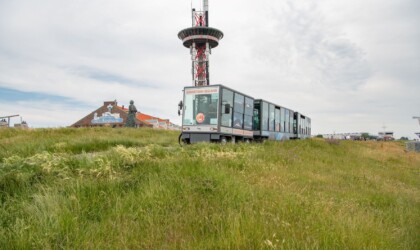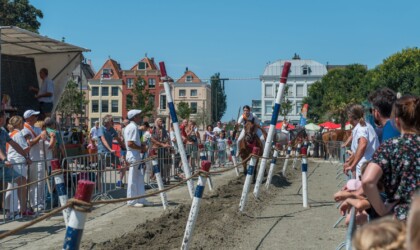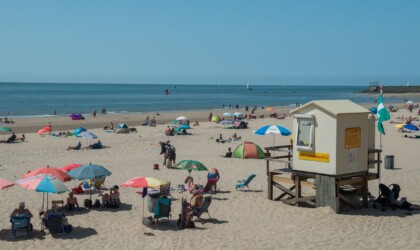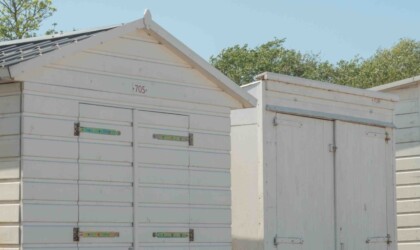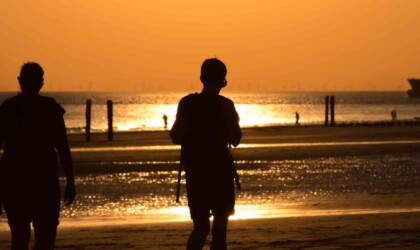In the Interreg Flanders Netherlands project (Be)Leefbare Schelde, sustainable, social, and cultural developments are taking place in the cross-border Scheldt Delta region. The project runs from August 15, 2023, to August 14, 2026.
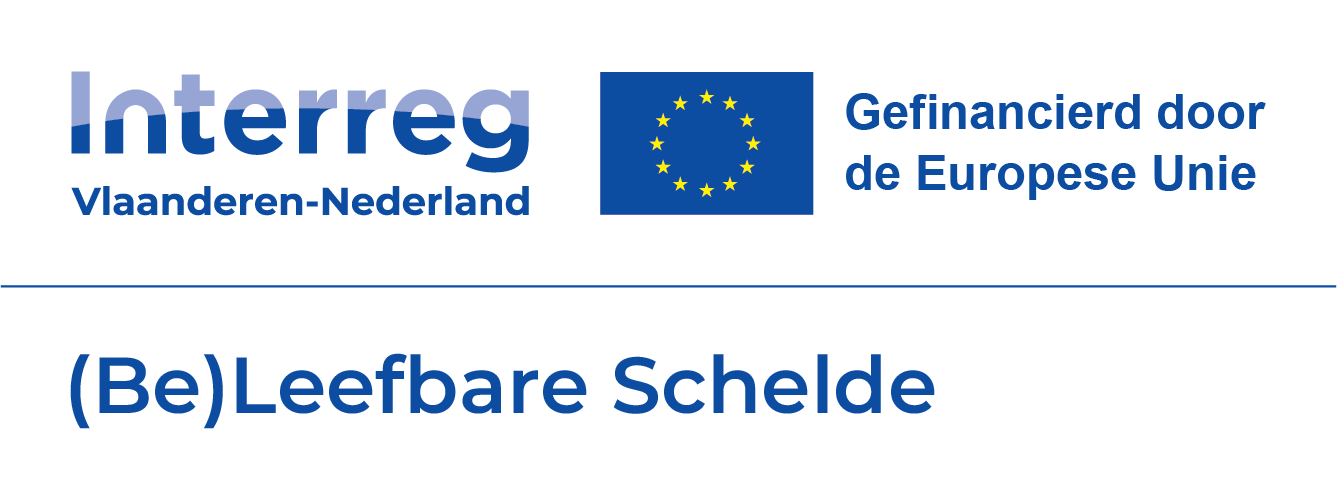
The overarching objective of (Be)Leefbare Schelde is to develop tourism in the cross-border Scheldt Delta region as an accelerator for sustainable, social, and cultural development of the future UNESCO Global Geopark Scheldt Delta. In the pursuit of increasing the attractiveness of the Scheldt Delta as a tourist destination, various initiatives are being implemented.
Efforts are made to enhance the region's recognition as a valuable tourist destination. This includes strengthening the tourist offer and connecting various places in the region. Additionally, active work is being done to divert tourists away from traditional hotspots to the hidden 'gems' in the hinterland. With existing and new tourist ports, gems, route structures, and experiential routes, the story of the present, the past, and the future of the area is presented to its visitors as a unity and made experiential.
To increase ownership and participation in the tourism offer, networks are being developed and expanded. Furthermore, attention is being paid to creating a governance mechanism that ensures future collaboration between tourist ports, gems, and sub-areas within the Scheldt Delta. An essential aspect of these efforts is the translation of the influence of climate and water as guiding principles, serving as the basis for targeted investments in the region.
(Be)Leefbare Schelde is implemented within the Interreg Flanders Netherlands program with a subsidy from the European Regional Development Fund (ERDF) of 4,801,094.47 euros. The project has a total budget of 9,602,188.98 euros. The project activities of HZ within the project are made possible by the Province of Zeeland.
In (Be)Leefbare Schelde, 22 partners collaborate: HZ University of Applied Sciences, Management Foundation Zuidwaterlinie Alliance, municipality of Bergen op Zoom, municipality of Borsele, municipality of Kapelle, municipality of Puurs-Sint-Amands, municipality of Reimerswaal, municipality of Rumst, municipality of Tholen, Royal Belgian Institute of Natural Sciences (RBINS)-Belgian Geological Survey (BGS), Province of Antwerp, Province of North Brabant, Province of East Flanders, Province of West Flanders, Province of Zeeland, City of Ostend, City of Sint-Niklaas, Foundation National Monument Flood Disaster 1953, Thomas More Mechelen-Antwerp vzw, Tourism East Flanders, Vrijbuiter Sailing, and Westtoer.
There is a website where progress and results are published.
HZ Knowledge Center Coastal Tourism is the leading partner in this project and not only plays a coordinating role but also takes an active substantive role in promoting knowledge development for dispersion and connection in the region. During the project's implementation, the establishment of sustainable infrastructure and the building of a solid knowledge base are central. Researchers, stakeholders, and experts join forces to actively develop, share, and preserve this knowledge.
The quest begins with determining the most suitable methodology for capturing visitor flows, with a focus on developing a strategy that benefits both the region and the 'gems'. Within this framework, questions arise about how local stakeholders, such as residents and entrepreneurs, can be involved in the development of sustainable tourism. Participatory design is central here, with the community playing a crucial role in shaping the future of tourism in their environment.
Another challenge focuses on monitoring visitor segments and understanding the reasons why people visit the area. Here, the focus shifts to finding the best methodology to capture this information and translate it into a strategy for targeted visitor dispersion. In the pursuit of sustainability, research is also conducted on how visitor engagement with climate adaptation around the gems and/or the park can be measured.
Finally, HZ Knowledge Center Coastal Tourism is working on compiling a toolbox with participation models and the further development and implementation of storylines. Additionally, HZ KCKT contributes to the development of both the strategy and the action plan for sustainable visitor dispersion and is involved in the development of a governance model that ensures future collaboration within the Scheldt Delta.

